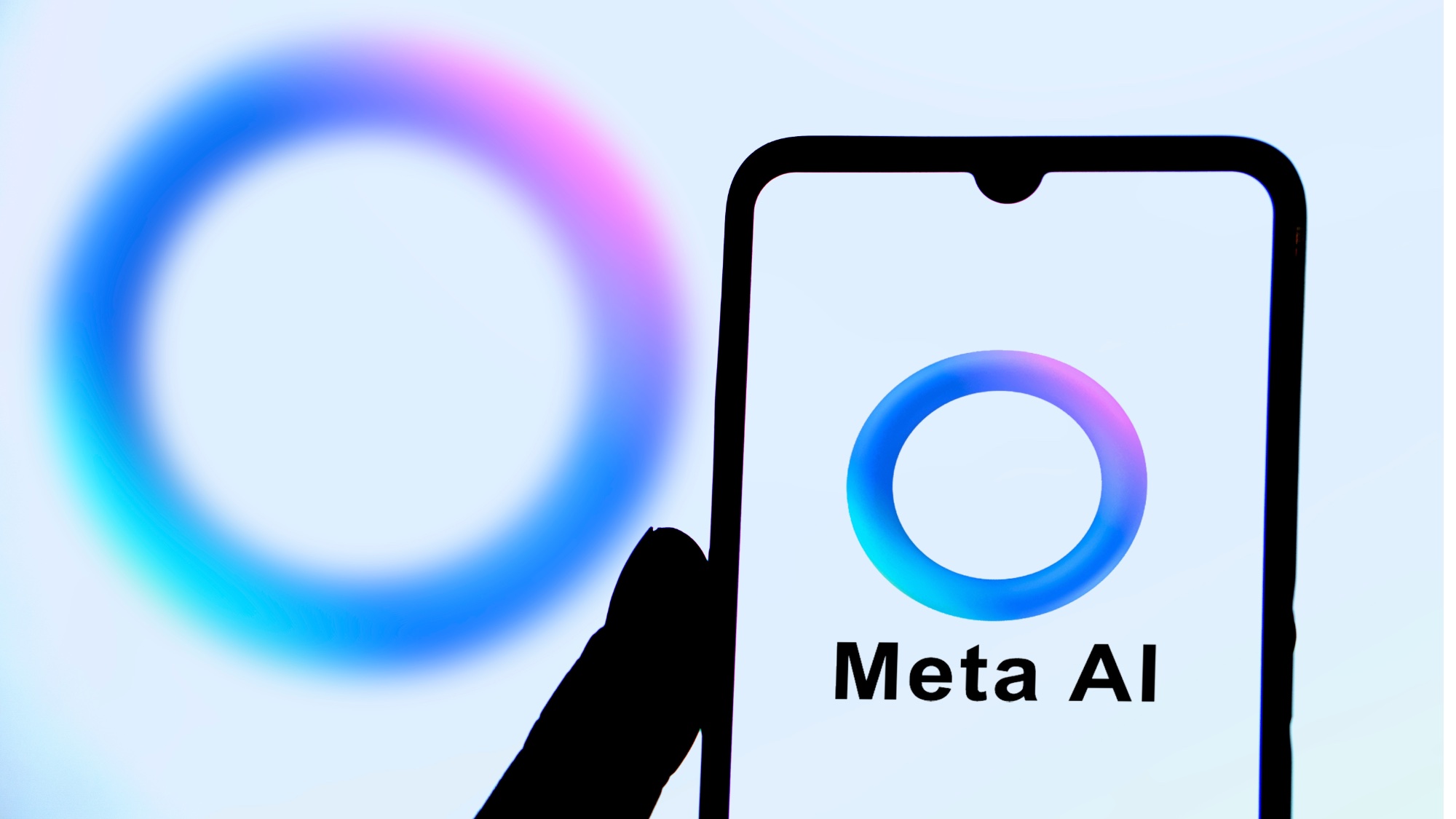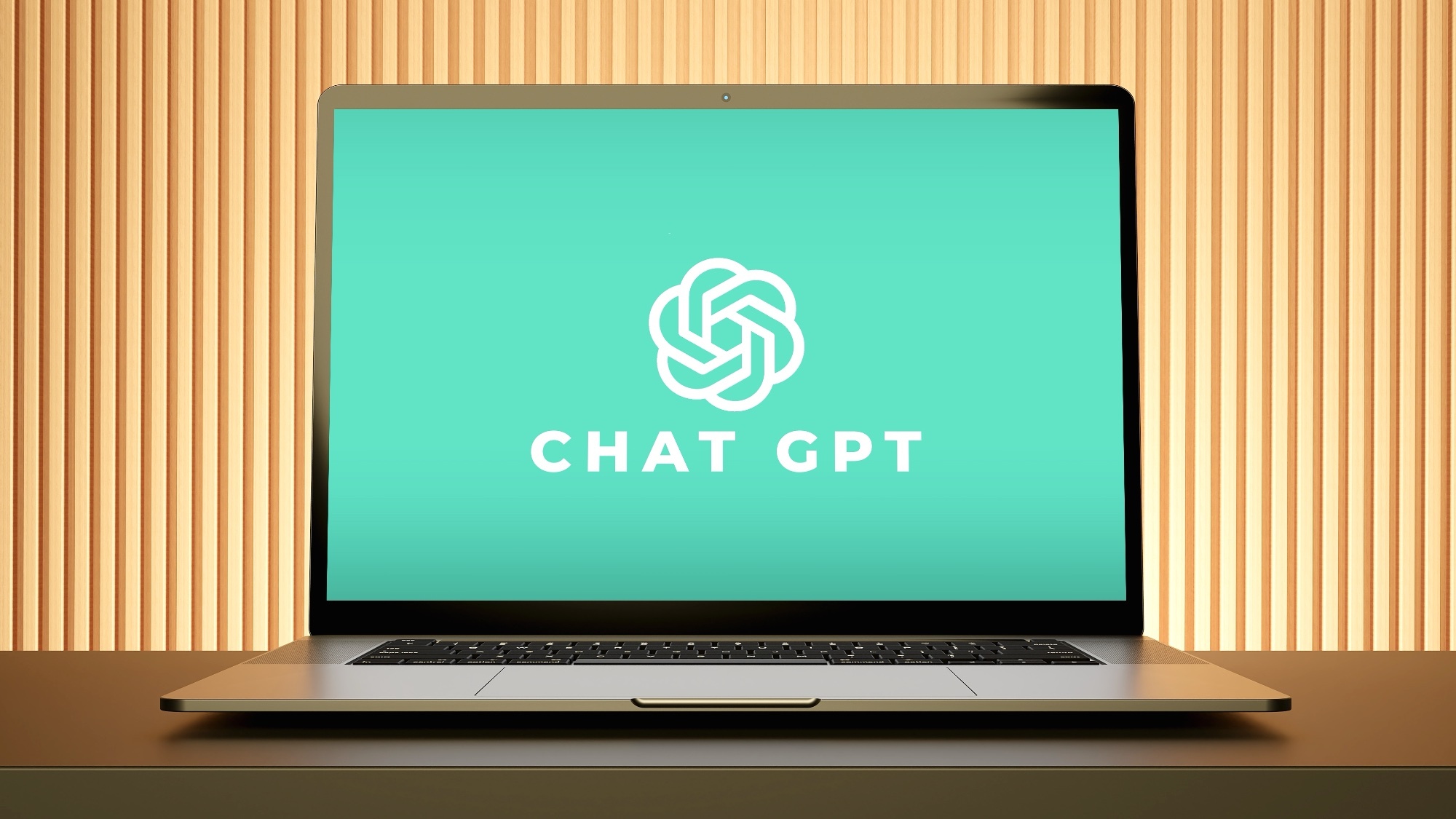
Meta AI is rapidly transforming how we interact on some of the world’s most popular social media platforms. The brainchild of Meta, the parent company behind Facebook, Instagram, and WhatsApp — Meta AI is now widely available in a dozen countries — and free.
Designed to make AI accessible to everyone, the AI model is built on Meta's open-source Llama 3.2 and works across the company's ecosystem allowing users to create, interact, and benefit from AI-driven content. It is even built into the Ray-Ban smart glasses.
There is a standalone chatbot version at meta.ai in addition to the instances built into the social media platforms. It includes a voice mode, image editing and access to your data.
What is Meta AI?
Meta AI is built on Meta’s extensive technological infrastructure. It leverages cutting-edge machine learning algorithms and natural language processing (NLP) techniques to generate text, conversational content, images, and even video content.
Unlike OpenAI's ChatGPT which uses the company's proprietary GPT-4o or o1 models, or Google using its own Gemini models, Meta is keeping everything in the open and allowing others to build on top of its own research. It also has a vast library of data from billions of Facebook, Instagram and WhatsApp users to train on — which has proved controversial.
One of the key benefits of Meta AI is that it democratizes access to AI tools. It essentially removes the need for any tech knowledge with its ease of use and most importantly, it allows users to tap into its capabilities for free.
Speaking at the recent Connect event, CEO Mark Zuckerberg confirmed there were already 400 million monthly active users of Meta AI and that was before the recent global rollout.
How does Meta AI work?
Meta AI works by taking a users prompt and generating responses based on machine learning models trained on vast datasets. Simply put, type or audibly ask Meta AI a question, and you’ll get answers in the form of an engaging conversational dialogue with Meta AI Advanced Voice, generated text or images based on your questions.
Meta AI is similar to other major AI platforms like OpenAI’s ChatGPT and Google’s Gemini AI. Meaning, if you’ve tried another platform, you should get the gist of Meta AI fairly quickly.
Yet, Meta AI stands out because of the AI’s integration within Facebook and Instagram, platforms with which many users are already familiar, making it a smoother experience for generating, sharing, and consuming AI-generated content.
If you can chat with a friend or brand using WhatsApp or Facebook Messenger, then you already know how to use and access Meta AI.
As with most AI models, despite its impressive capabilities, Meta AI is not without limitations. The outputs are only as reliable as the data on which it was trained and on occasion, it can generate content that is inaccurate, misleading, and even biased.
What are Meta AI's features?

Similar to ChatGPT, Meta AI can craft human-like text responses based on input. Whether you're creating blog posts or looking for a quick reply to a question, the platform offers content generation with delivered in text with a conversational and informal tone.
Meta AI also offers capabilities similar to platforms like OpenAI’s DALL-E, where users can create images based on textual descriptions. To get started with image generation simply type “imagine/” and your prompt (i.e. “Imagine/ a cat riding a skateboard").
If you don't want to type Meta AI also has a voice mode. This option allows you to speak freely with the AI and get a response in the form of a conversation. These real-time responses are now available in different voice options including celebrity voice AI clones like Awkwafina, Dame Judi Dench, John Cena, Keegan-Michael Key, and Kristen Bell. Besides hands-free assistance, Advanced Voice Mode is also helpful for translating languages.
Meta AI personalizes content recommendations based on users' behavior and preferences. This capability is a core part of Meta's approach to enhancing user engagement through AI-driven customization and is designed to refine the social media experience.
Finally, a feature not available through Google or OpenAI is video creation. Users can convert the static images generated by Meta AI into short, gif-like videos perfect for social media.
Concerns, safety, and bias
As AI tools become more widely used, questions about the safety and security of these platforms have surfaced. Meta AI, while innovative, is no stranger to criticism.
Concerns about misinformation, bias, and privacy loom large, especially given Meta’s track record with data privacy controversies. With AI tools, the potential for misuse—whether through generating fake news, deepfakes, or biased content—is a legitimate concern.
Despite the safeguards Meta has built in, such as content moderation and user reporting features, bad actors can still exploit these tools.
Meta AI also faces the ethical dilemma of perpetuating bias. Similar to other AI models like OpenAI’s ChatGPT and Google’s Gemini, AI models are trained on vast datasets, and if those datasets contain biases, there can be an unintentionally biased output. Meta AI’s efforts to filter out these biases is key to its long-term success and adoption.
Alternatives to Meta AI

There are several competitors leading the AI space, each with its own set of features:
ChatGPT: OpenAI’s widely-used text generation tool that excels in conversational AI and content creation.
Gemini AI: Google's AI is known for its sophisticated NLP models and seamlessly integrating into Google’s search and cloud ecosystem.
Claude: Anthropic's privacy-conscious AI model is said to offer low hallucination rates and very high accuracy over long documents. testing.
I encourage you to try Meta AI and its rival AI models as each will help you gain perspective in what AI is capable of for different use cases. Each of these platforms provides alternatives to Meta AI, offering different tools, pricing models, and applications.
Final thoughts
Meta AI represents a crucial step in the world of AI by making powerful tools accessible to a broad audience. Its capabilities in content generation, conversation, and personalization are impressive, but concerns about misuse, bias, and safety remain.
As Meta continues to refine and expand its AI offerings, balancing innovation with responsibility will be critical. Whether Meta AI will redefine content creation or raise more ethical dilemmas remains to be seen, but it’s undoubtedly one of the major players shaping the future of AI.







